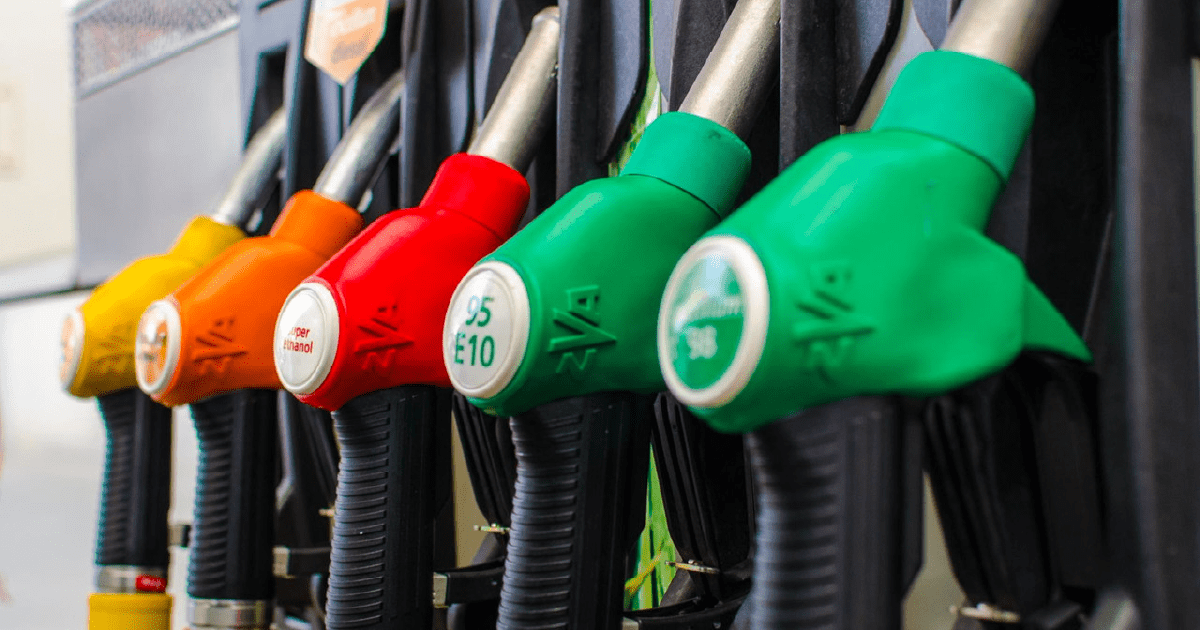For several days now, it has been very difficult to get hold off a single drop of fuel, due to a drastic price increase or shortage of stations. Today, MaaS will be a real gift. This is what Juniper Research proves in its latest study… In this article, find out how mass will become the number one solution to the fuel problem.
A boon for the wallet
Juniper Research revealed in a recent study that consumers will turn to MaaS as fuel costs rise globally. The urban mobility survey found that 41% of respondents ranked the cost of transport as the most important factor. The growth of MaaS is due to the fact that it offers cheaper transport alternatives, directly consumable from a single application.
MaaS, a helping hand for the planet
This study reveals that MaaS (mobility as a service) generates significant fuel savings. Today the savings are estimated at $2.8 billion, and they are expected to continue to grow, up to $10.8 billion by 2027 worldwide, a growth of 282%.
Their survey predicts that these savings will be achieved through the ability of MaaS to reduce congestion by replacing private vehicle use with public transport. In addition, the survey indicates that reducing CO2 emissions from private car travel also contributes to the growth of MaaS.
MaaS has the potential to improve corporate social responsibility, so providers need to attract businesses by demonstrating how he can significantly reduce their travel-related carbon emissions.
CARA MALONE Research Analyst at Juniper Reasearch
Furthermore, Juniper Research predicts that the distance traveled via micro-mobility will increase by 780% worldwide between 2022 and 2027. Micro-mobility allows users to travel through congested cities from the first to the last mile. Growth will be driven by the increased deployment of micro-mobility infrastructure, including docking stations, bikes, and scooters. It is very likely that these solutions will allow MaaS to continue to expand…





